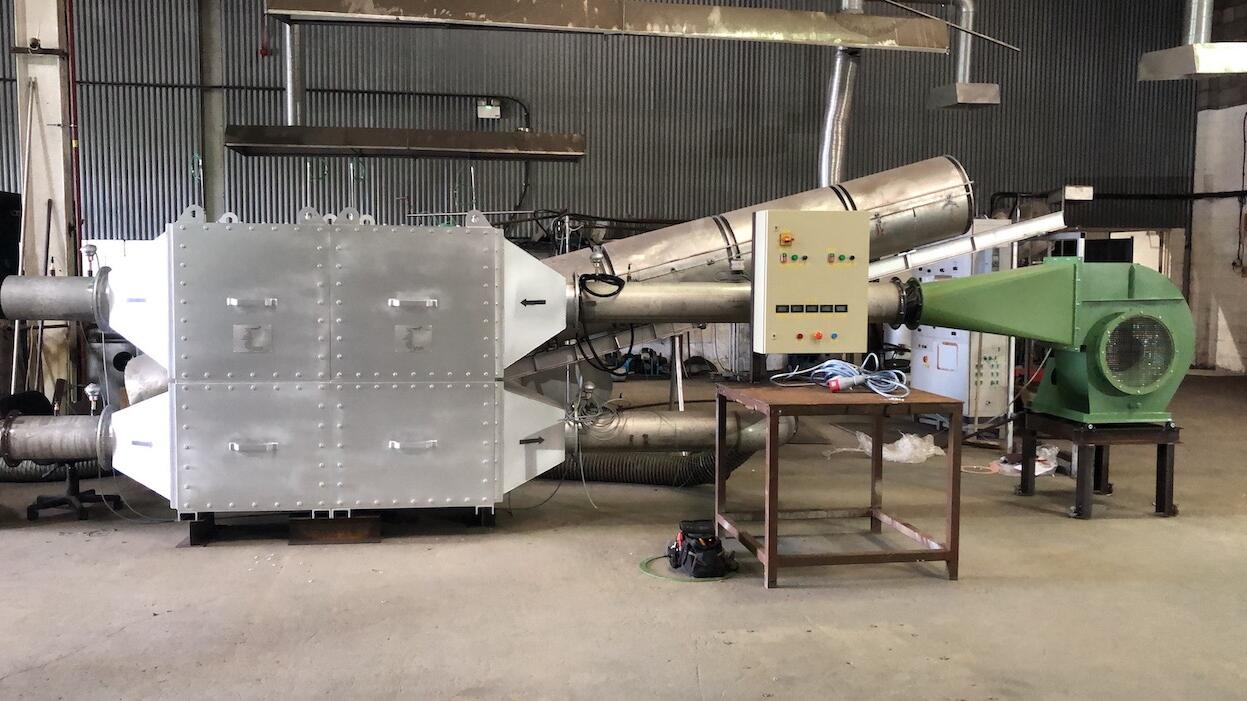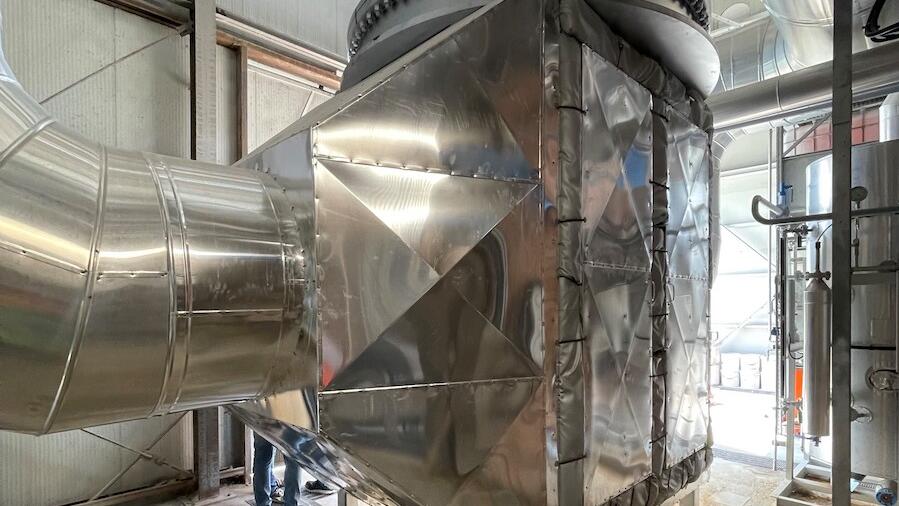 Circular Economy
Circular EconomyCircular Economy
A plataforma EMB3R foi criada para ajudar as empresas a converter o calor desperdiçado de forma rentável para um fluxo de receitas valioso. A plataforma mapeia a oferta e procura de energia térmica de potenciais interessados. Mostrará como o excesso de calor e frio pode ser reutilizado como uma fonte de energia valiosa para outros processos industriais, aquecimento urbano e outras aplicações. À medida que o projecto se aproxima do seu fim, tanto Kök como Hummel estão confiantes de que a sua perseverança valeu a pena, e valerão ainda por muitos anos. Kök: A plataforma pode fornecer dados pormenorizados e matizados ao nível da rua, o que a torna um recurso valioso. Hummmel: EMB3Rs tem uma oportunidade real de mostrar às indústrias que geram calor residual como este pode ser utilizado para criar um fluxo de rendimento potencial, especialmente em sistemas de aquecimento distrital.
Leer Artigo completoQuais são os principais tipos de tecnologias de aproveitamento de resíduos para a produção de energia actualmente disponíveis no mercado?
Só nos E.U.A., 140 milhões de toneladas de resíduos encontram o seu caminho para aterros todos os anos. A recuperação de energia como processo de tratamento de resíduos vê as tecnologias Waste-to-Energy converterem os produtos químicos contidos nos resíduos em formas práticas de energia.
Leer Artigo completoA Alliance4ECEI acolhe as Ferramentas Digitais como viabilizadores de um consumo de energia mais eficiente nos resíduos industriais de recuperação de calor/frio, como parte das Jornadas da Energia Sustentável
A Aliança para a Cooperação Energética nas Indústrias Europeias (Alliance4ECEI) realizará a sessão online Ferramentas digitais como viabilizadores de um consumo de energia mais eficiente na recuperação de calor/frio de resíduos industriais como parte das actividades dos Dias da Energia Sustentável em 15 de Setembro, das 10:30 às 12:00 CEST.
Leer Artigo completoSolução de recuperação de energia para águas residuais com retorno inferior a 1 ano
O tratamento de águas residuais na Austrália produz três milhões de toneladas de lamas que devem ser tratadas e eliminadas. O processo é responsável por 50% dos custos totais de funcionamento das estações de tratamento de águas residuais. Uma nova tecnologia de tratamento reduziria a quantidade de resíduos em um terço também recuperando energia a partir das próprias lamas.
Leer Artigo completoRecuperar o calor residual para um Portugal mais verde
O projecto europeu EMB3Rs está a encontrar novas formas de reciclar o calor residual industrial. O projecto visa aumentar a eficiência energética, reduzir as emissões de carbono e acabar com a pobreza de combustível. Actualmente, a única rede distrital de grande escala de calor frio (DHC) em Portugal é operada pela Climaespaço.
Leer Artigo completoCódigo e módulos EMB3Rs lançados no GitHub
O código da plataforma integrada e dos seus módulos está agora disponível no GitHub. Isto significa que uma grande comunidade de potenciais utilizadores poderá agora aceder a ele de forma gratuita. Ao testar a aplicação da plataforma em diferentes locais geográficos, ela pode ser adaptada às necessidades dos utilizadores finais.
Leer Artigo completoComo a recuperação de calor desperdiçado irá mudar as paisagens
O projecto ETEKINA reimaginou uma tecnologia com décadas de existência chamada permutadores de calor de tubos de calor. A tecnologia permite que as empresas reutilizem o calor que geram. Até agora, três locais que instalaram a tecnologia protótipo reduziram os seus custos de combustível em 40%.
Leer Artigo completoPequenos sistemas, grandes benefícios
O aumento dos preços do gás e os custos mais elevados do carbono estão a impulsionar a procura de recuperação de calor residual. A ETEKINA concebeu três permutadores de calor de tubos de calor residuais que recuperam 40% do calor residual nos fluxos de escape em cada uma das quatro instalações.
Leer Artigo completoA transformação das indústrias de energia intensiva
O projecto ETEKINA visa recuperar 57-70% do fluxo de calor desperdiçado nas indústrias intensivas em energia que até agora só saem da chaminé. Os novos permutadores de calor de tubos de calor são uma ferramenta eficiente para recuperar calor de processos industriais.
Leer Artigo completoO calor reciclado das fábricas beneficia as indústrias e o ambiente
A investigação financiada pela UE está a fechar o círculo com novos sistemas que recuperam o calor residual e o devolvem para reutilização. A maior parte do calor de processo é perdido para o ambiente como fluxos de escape ou de descarga. A recuperação e reutilização deste calor reduz o consumo de energia, as emissões e os poluentes.
Leer Artigo completo








